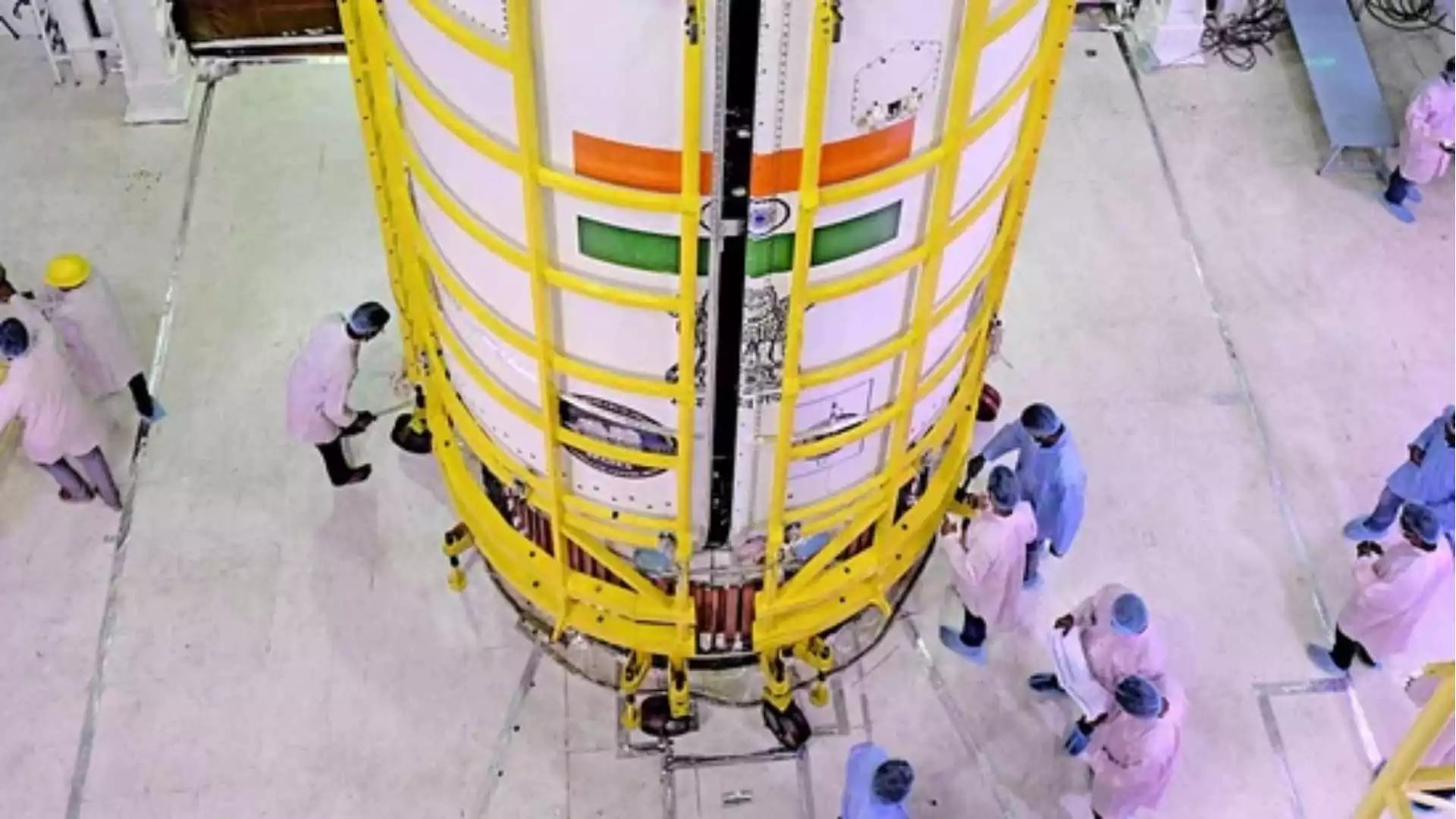Tonight, just milliseconds past 10 PM, India will take a significant step forward in space exploration with the launch of its Space Docking Experiment (SpaDeX) mission. The mission, carried by the PSLV-C60 rocket, aims to place two small spacecraft weighing approximately 220 kilograms each into a 470-kilometer circular orbit. This milestone will showcase India’s growing capabilities in advanced space technologies and mark a crucial step toward ambitious future projects.
India’s Step Toward Advanced Space Capabilities
The primary objective of SpaDeX is to demonstrate India’s ability to execute complex in-space docking maneuvers. These maneuvers are vital for upcoming lunar exploration missions and the development of the Bharatiya Antariksh Station (BAS), India’s planned space station. A successful mission will position India among an elite group of nations proficient in such advanced space technologies.
Speaking about the mission, a senior scientist remarked, “This mission is a significant milestone in India’s space program, showcasing indigenous technologies that pave the way for more complex space operations.”
Cutting-Edge Indigenous Technologies on Display
The SpaDeX mission is set to demonstrate a range of indigenous technologies. Among them are:
- Sophisticated Docking Mechanisms: Designed for seamless connection between spacecraft.
- Rendezvous Sensors: Essential for precise navigation and approach.
- Inter-Satellite Communication Systems: Facilitating coordination and data exchange between spacecraft.
The mission highlights India’s growing expertise in developing high-precision, small-scale space systems—a field that presents unique challenges due to the need for meticulous maneuvering.
The Choreographed Journey of SDX01 and SDX02
The two spacecraft involved in the mission have been designated SDX01 (Chaser) and SDX02 (Target). Following their deployment, the spacecraft will execute a meticulously planned series of maneuvers. Initially separated by 20 kilometers, they will gradually close the distance until they are just a few meters apart. The critical docking attempt is expected to occur around 10 days after launch.
The smaller size of the spacecraft adds complexity to the mission. Achieving docking under these conditions requires precise control and navigation capabilities, underscoring the mission’s technical challenges.
Post-Docking Experiments and Payload Operations
After the docking maneuver is successfully demonstrated, the two spacecraft will embark on secondary missions. These include:
- Power Transfer Experiments: Testing energy-sharing capabilities between the two spacecraft.
- Scientific Payload Operations:
- SDX01 will utilize a high-resolution camera for detailed imaging.
- SDX02 will carry a multi-spectral payload and a radiation monitor for scientific studies.
These experiments aim to broaden the scope of the mission by gathering valuable data and testing additional technologies.
Additional Payloads on PSLV-C60
The PSLV-C60 rocket will also carry the PSLV Orbital Experimental Module (POEM), which includes 24 experimental payloads. These payloads will conduct a variety of scientific and technological experiments, further enhancing the mission’s significance.
A Step Toward the Future
The SpaDeX mission marks a significant advancement in India’s space program, combining innovation, precision, and ambition. If successful, it will not only demonstrate India’s capabilities in docking technology but also lay the groundwork for future space station operations and interplanetary missions.
As India eagerly awaits the launch, the nation stands on the cusp of joining an exclusive league of spacefaring nations, setting the stage for even greater achievements in the years to come.























